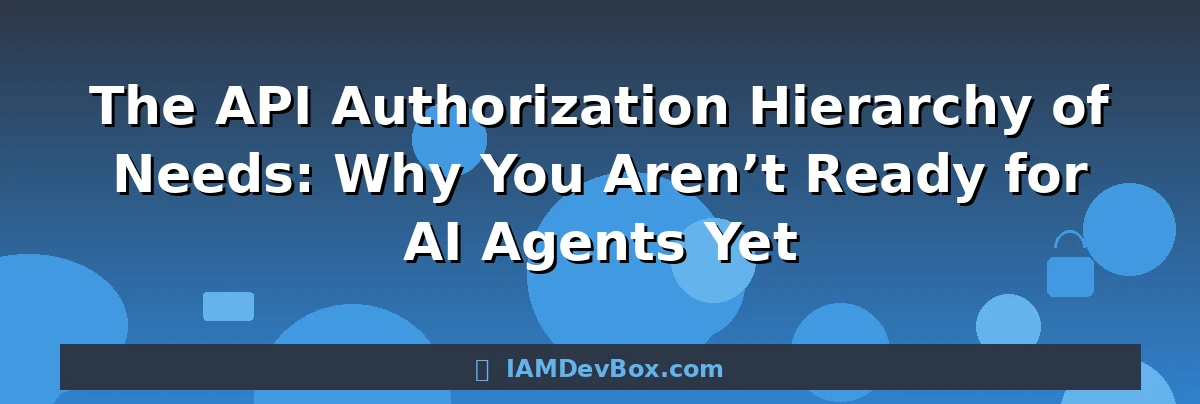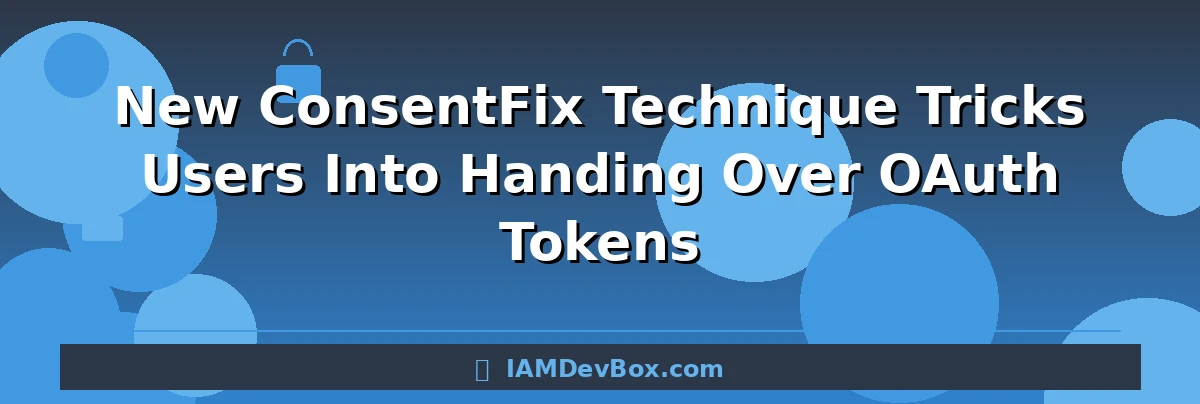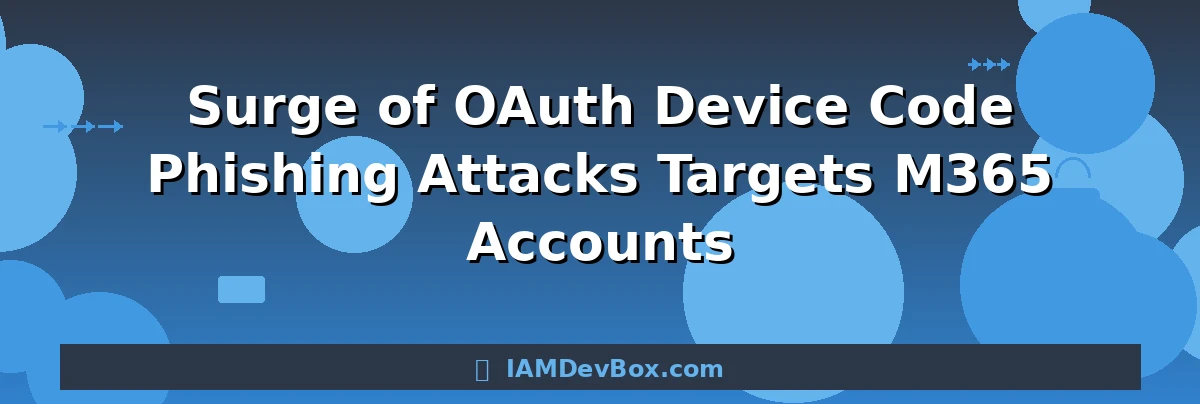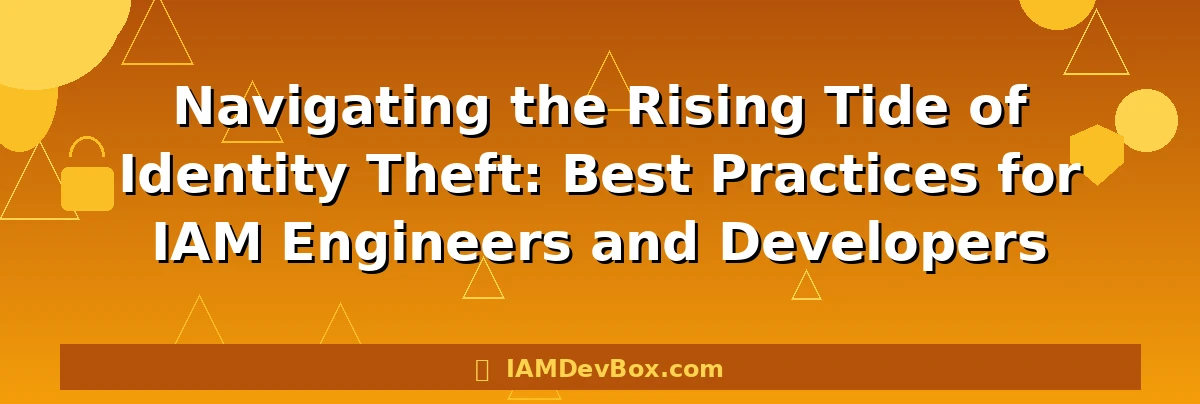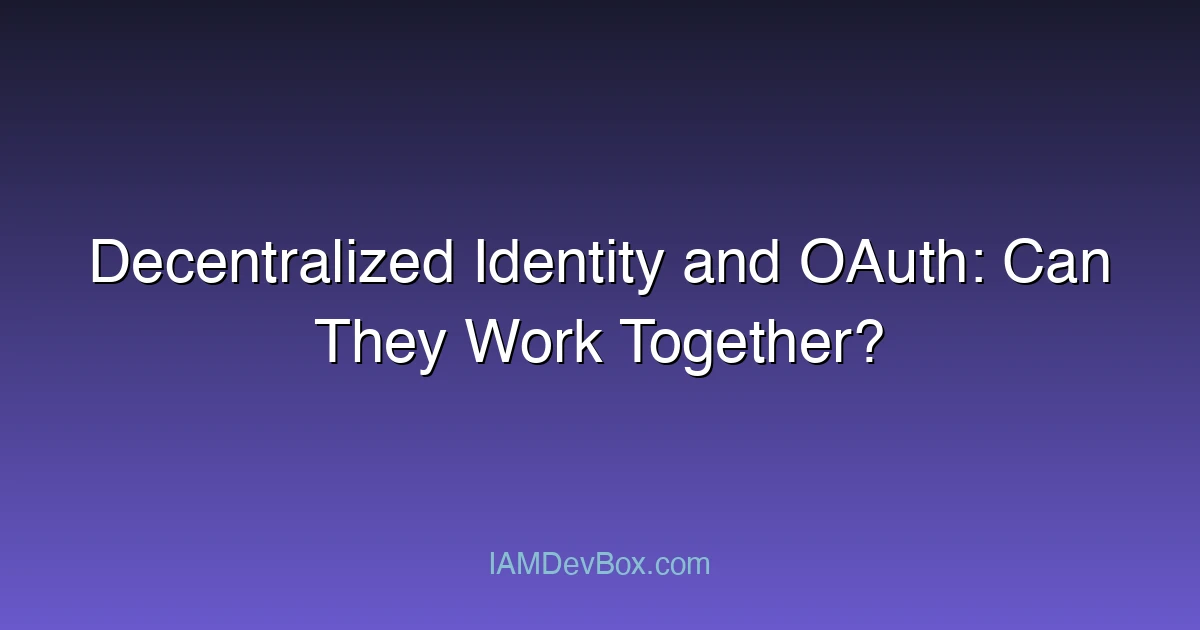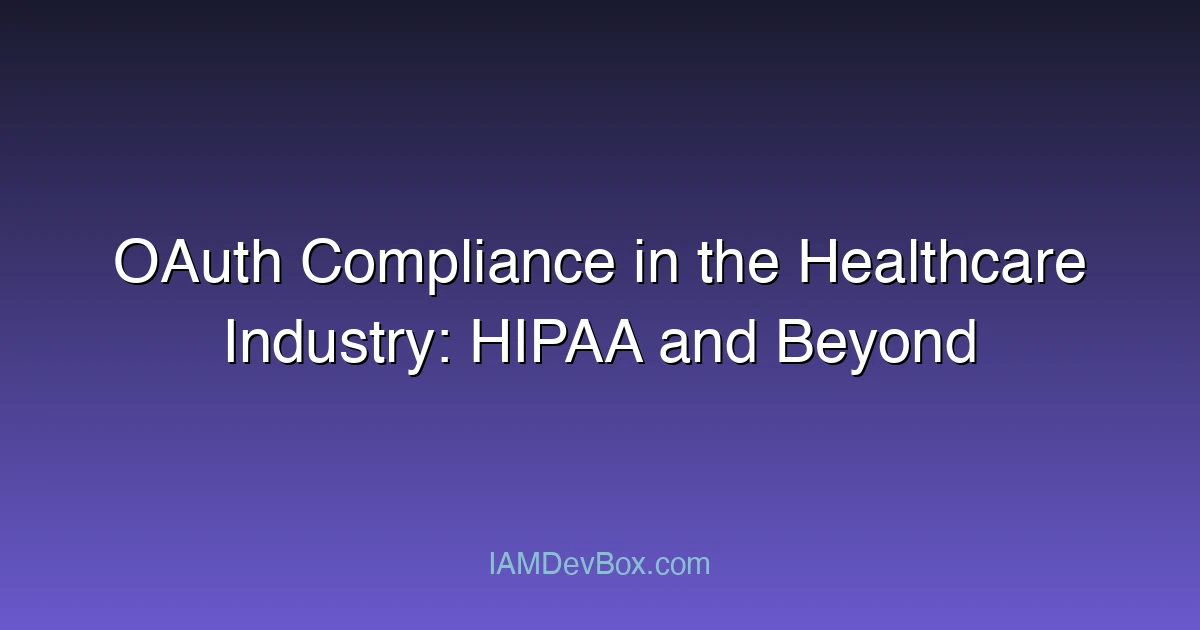
DPoP: Next-Gen OAuth Token Security
DPoP, or Demonstrating Proof of Possession, is a mechanism that enhances OAuth 2.0 security by ensuring that the client making a request to a resource server actually possesses the access token. Unlike traditional bearer tokens, which can be intercepted and reused by anyone who obtains them, DPoP binds the token to the client through a cryptographic proof of possession. What is DPoP? DPoP is a specification defined in RFC 9449 that introduces a new type of OAuth 2.0 access token called a DPoP access token. This token is accompanied by a JSON Web Signature (JWS) that proves the client’s possession of the token. The JWS contains the access token and is signed using a public/private key pair unique to the client. This ensures that only the client that holds the private key can use the token. ...
